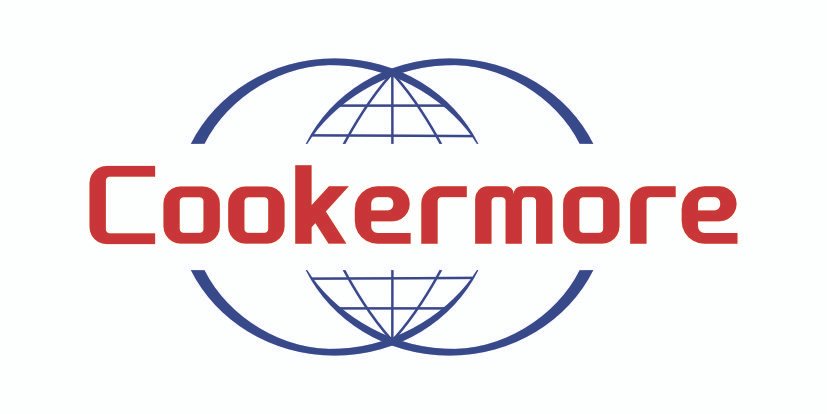In today’s rapidly evolving business environment, customized household appliances present significant opportunities in the B2B market. With technological advancements and the diversification of market demands, an increasing number of companies seek to meet specific customer needs through customized solutions.
1. Market Opportunities for Customized Household Appliances
Enhancing Brand Value and Differentiation
Customized household appliances allow manufacturers to differentiate themselves by offering unique products that enhance brand recognition and competitiveness. In the B2B market, this differentiation strategy is particularly important as it helps a company stand out among numerous competitors. For example, providing specially designed smart appliances for hotels or luxury residences not only meets functional requirements but also enhances the client’s brand image.
Deepening Customer Relationships
Providing customized solutions enables businesses to better understand and meet the specific needs of their customers, which helps build long-term relationships. In the B2B market, transactions between businesses are not typically one-off but are based on long-term cooperative relationships. Therefore, by offering customized products, appliance manufacturers can better integrate into their customers’ business processes, becoming long-term partners.
Entering New Market Segments
Customized household appliances provide manufacturers with opportunities to enter specific industry markets. For example, the healthcare or education sectors may require appliances that have specific functions or meet particular safety standards. By developing these customized products, manufacturers can tap into these vertical markets, expanding their business scope.
2. Challenges Faced
Increased Costs and Complexity
The design and production of customized products often involve higher costs and more complex manufacturing processes. Compared to standardized products, customized appliances require more research and development investment and more meticulous production adjustments. This not only increases manufacturing costs but may also affect production efficiency and delivery times.
Supply Chain Management
Efficient and flexible supply chain support is needed for customized products. From raw material procurement to production scheduling and final logistics, each link requires quick responsiveness to changes in customer demands. This places higher demands on the supply chain management system, requiring companies to have strong supply chain coordination capabilities.
Uncertainty in Customer Demands
In the B2B market, customer demands may change with market conditions and technological advancements. Appliance manufacturers need to anticipate and adapt to these changes when developing customized products. Inaccurate predictions can lead to resource wastage or inventory backlog.
3. Coping Strategies
Enhancing R&D and Design Capabilities
Manufacturers should strengthen their product research and development and design capabilities to quickly and accurately respond to market demands. This may require investment in advanced design software and skills training for R&D teams.
Strengthening Supply Chain Flexibility
Manufacturers need to establish a flexible supply chain system to meet the demands of customized production. This may include building stable relationships with multiple suppliers to ensure quick access to raw materials when needed. Additionally, using advanced ERP systems to optimize inventory and logistics management is an effective way to enhance supply chain efficiency.
Collaborating Closely with Customers
To better understand and meet customer needs, manufacturers should establish close cooperative relationships with their customers. Regular communication and feedback mechanisms can help obtain timely information on customer needs and adjust product designs and production plans accordingly.
Conclusion
While customized household appliances in the B2B market face a series of challenges, they also offer significant market opportunities. By enhancing product differentiation, deepening customer relationships, and entering new market segments, manufacturers can stand out in a competitive market. Meanwhile, by strengthening R&D capabilities, optimizing supply chain management, and enhancing collaboration with customers, manufacturers can effectively address the challenges posed by increased costs, complexity, and uncertainty in customer demands, achieving sustained business growth.







